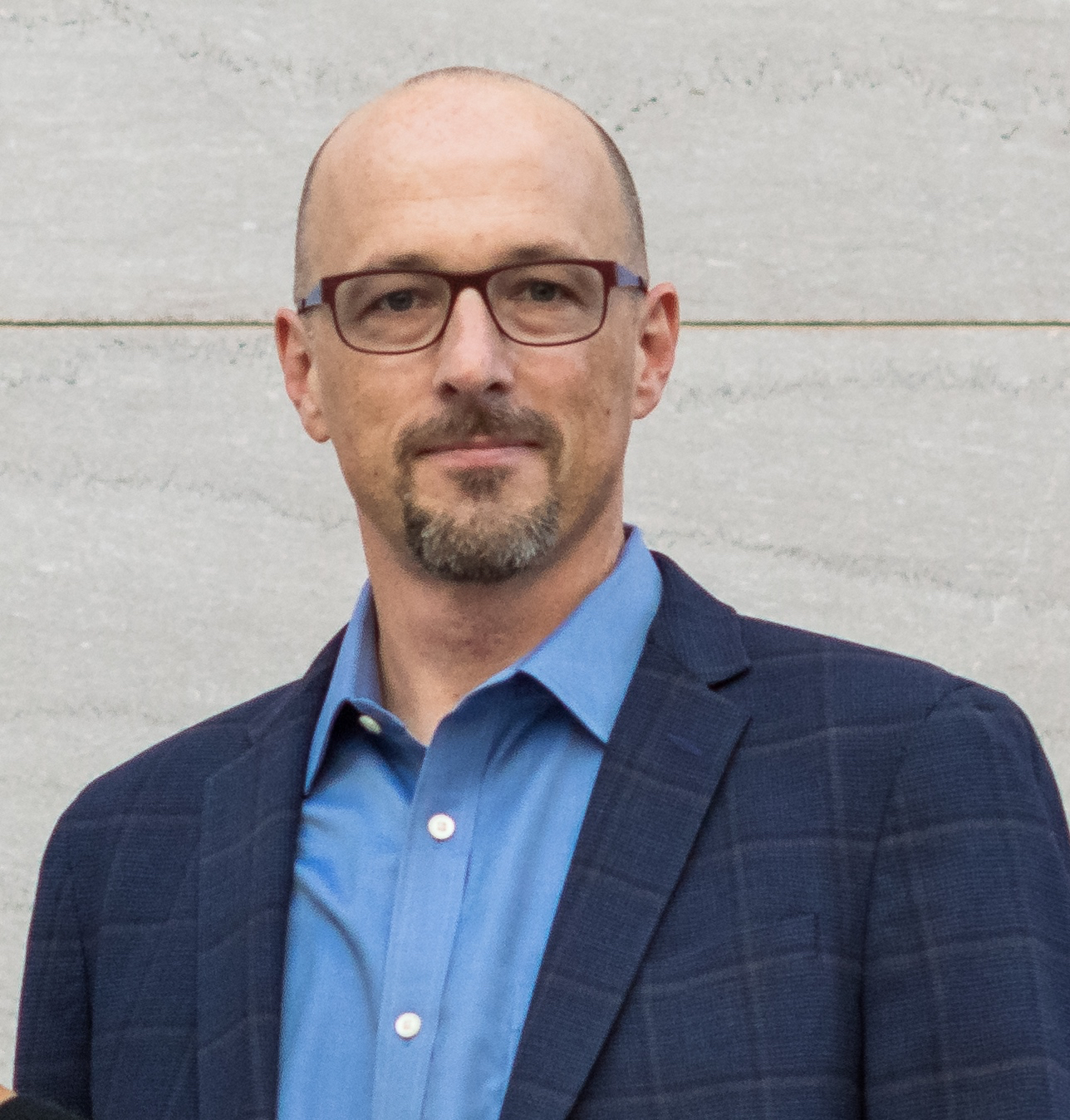3 Ways to Build a Growth Mindset for Dealing with Today’s Rapid Change
We’re nearly two years into the pandemic, and everyone is still stressed out. Most of us recognize that it’s fundamentally okay that we will never fully go back to “normal,” but that doesn’t alleviate the stress of constantly figuring out new ways to do the work that we thought we already knew how to do. Figuring out virtual events, variably remote employees, new uses of our office space—we are all rapidly adapt to a changing environment, and that is likely to continue for the foreseeable future.
That is precisely why we all should be making developing a growth mindset a priority right now. The concept of a growth mindset was pioneered by psychologist Carol Dweck and represents a worldview based in a desire to continuously learn, grow, and develop. This is in contrast to the “fixed mindset,” where one assumes that internal capacities are fixed and cannot be changed. In a fixed mindset, if you’re not good at math, that’s just the way it is, so you don’t put the effort into studying or trying to improve.
Of course, some people really aren’t that good at math, and that’s okay. The key here is the mindset—do you believe that character, intelligence, or creativity are static givens, or do you believe that what you have now is simply the starting point for where you will take it? Because if you choose the former—the fixed mindset—you will naturally gravitate to what you already know how to do, because there is less risk of failing. Someone with a growth mindset, on the other hand, understands that failure represents an opportunity to learn, so they are more willing to try new things and stretch themselves.
Can you see why the growth mindset is so important right now? We have no choice these days but to try new things and solve new problems, but without a growth mindset, we will retreat to what we already know. In the before times, that might have resulted in slow growth or status quo, but in today’s world that can lead to real organizational failure. Now, more than ever, we need individual leaders, teams, and whole organizations that are fully invested in the growth mindset, so we can create new ways of organizing, doing, and leading that will keep up with the changes in our world.
The good news is, the growth mindset is something you can develop, both in yourself and in your organization. You probably already have a basic growth mindset at a personal level (or by this point in the article you would have rejected these ideas as wrong and moved on!), but to thrive in today’s environment you must learn how to expand that growth mindset continuously at three different levels: personal, team, and organization.
For example, if you haven’t done a personality or work-style assessment lately, now would be a good time. In the Growth Mindset online course we created, we have everyone take the DiSC profile, and then participants work specifically on identifying behaviors and approaches that will push them outside of their “EQ” comfort zone. I am a pretty strong “S” in the DiSC profile, and one of the areas of emotional intelligence I struggle with is being “resolute,” or standing my ground. Once I saw that, I could start looking for opportunities to practice it. That commitment to learning and growing keeps me from shying away from challenges, which is the essence of the growth mindset.
You can also consciously develop the growth mindset at the team level. Here the focus will be on how your team has conflict conversations. The biggest obstacle I see to team growth is the avoidance of conflict, which is a perfect example of that fixed mindset where you retreat to what you know rather than risking failure to learn something new. Now is a great time to help your teams (particularly your management team) develop skills in working through conflict conversations more effectively. Whether it’s learning the ins and outs of principled negotiation or identifying more effective ways to give each other negative feedback, making conflict something that is easier to deal with will contribute to your team’s growth mindset.
If you really want to maximize the benefits of the growth mindset, however, you also must build it in at the level of workplace culture. In the third section of our growth mindset course, we have each participant complete a short “culture patterns” assessment. This is not meant to be a full assessment, but it does shine a light on some common patterns inside cultures that have emerged from our research—specifically around agility, innovation, and growth. Lots of organizations, for example, value the concepts related to innovation inside their culture (creativity, future focus), but don’t value the practices (experimentation, risk taking, beta testing) nearly as much. We then ask participants to come up with at least one concrete change they could make to the way they do things inside their organization that would elevate that part of their culture that has been holding growth back.
A growth mindset requires continuous attention. It’s not that you’ll wake up one day and have a rigidly fixed mindset, but if you are not nurturing it, developing it, and strengthening it throughout your organization, you do run the risk of losing access to its power. If you’re not working on your EQ, you might end up avoiding conversations with that colleague who is the opposite type from you, and communication gaps have become even more damaging in this remote work environment. If your culture is one where it takes forever to get things fixed, then how are you going to successfully pull off that hybrid meeting that relies on those relatively new software platforms? A few years ago, you could have skated by with a relatively weak growth mindset, but not today. Put the growth mindset into your professional development plans today.


